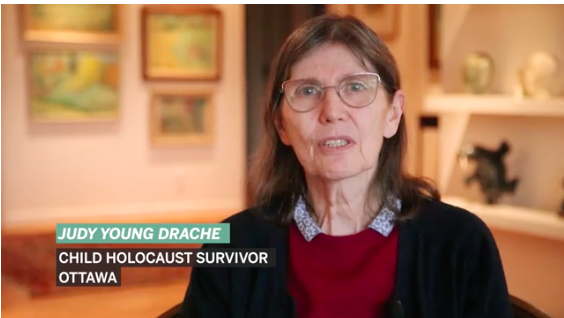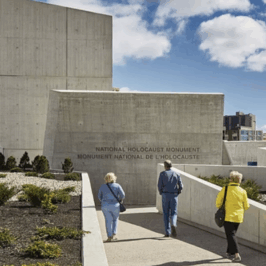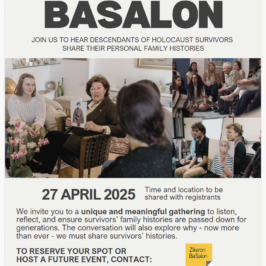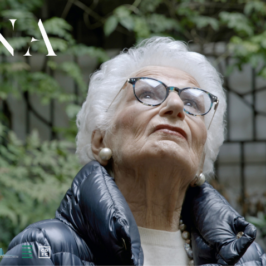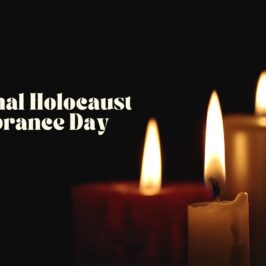Author of the article: Andrew Duffy
This article was originally published by The Ottawa Citizen on Apr 25, 2023
Most Holocaust survivors are now too old and frail to go into classrooms to bear witness to the past. Today, in Ottawa, five men and women who were child survivors of the Holocaust carry that burden. But what happens when they, too, can no longer offer testimony?
At 84, Tibor Egervari continues to relive for high school students in Ottawa the Holocaust of his boyhood.
An emeritus professor in the University of Ottawa’s Department of Theatre, Egervari was born in Budapest, Hungary in May 1938 – 16 months before the outbreak of the Second World War.
His childhood would be marked by tragedy and miracle.
His father, Laszlo, a furrier, and his older brother, Paul, both died during the mass deportations that followed Nazi Germany’s invasion of the country in March 1944.
Egervari survived thanks to the courageous intervention of Lutheran minister Gabor Sztehlo, one of the war’s lesser-known heroes, who saved hundreds of Jewish children by providing them false documents and sheltering them in safe houses around Budapest. Egervari was one of them.
For many years, Egervari rarely spoke of his experience. His mother, who survived by adopting a false identity and working as a cook, could not bear to relive the past.
It wasn’t until he retired from academia that Egervari began to share his story as a volunteer speaker with Ottawa’s Centre for Holocaust Education and Scholarship (CHES).
“I will continue as long as I can carry that,” he says.
Egervari is now one of only five survivors who bear witness in Ottawa classrooms. Most of those speakers, including Egervari and Judy Young Drache – were children during the Holocaust.
“Those who did the work before – for over 40 years – most of them are not with us anymore or else they’re too frail to go into schools,” says CHES chair Mina Cohn.

